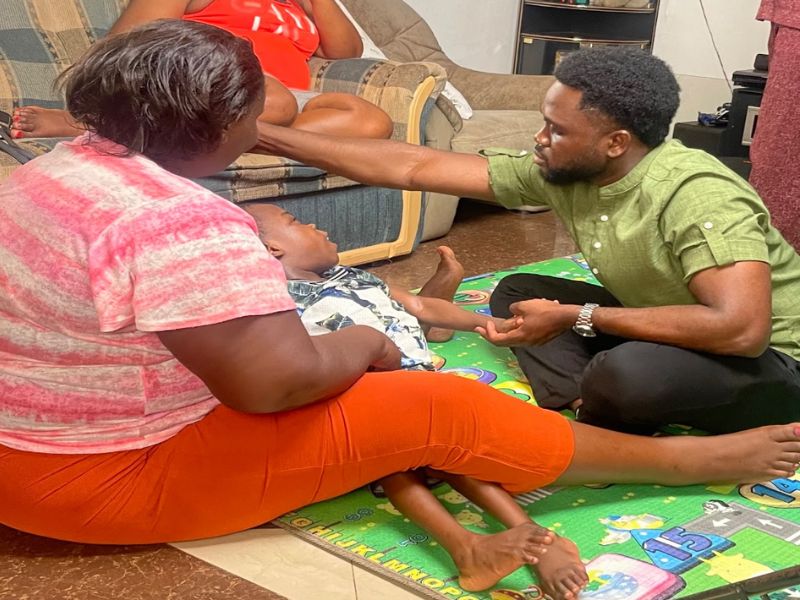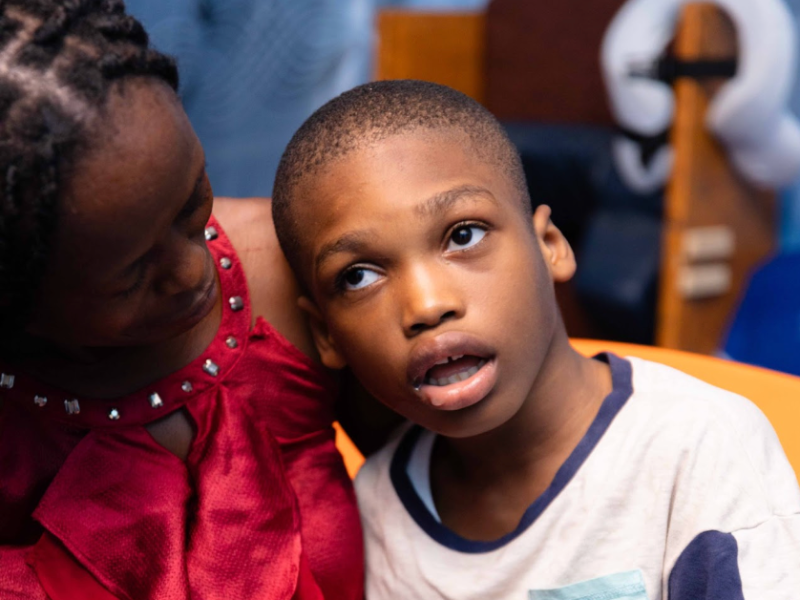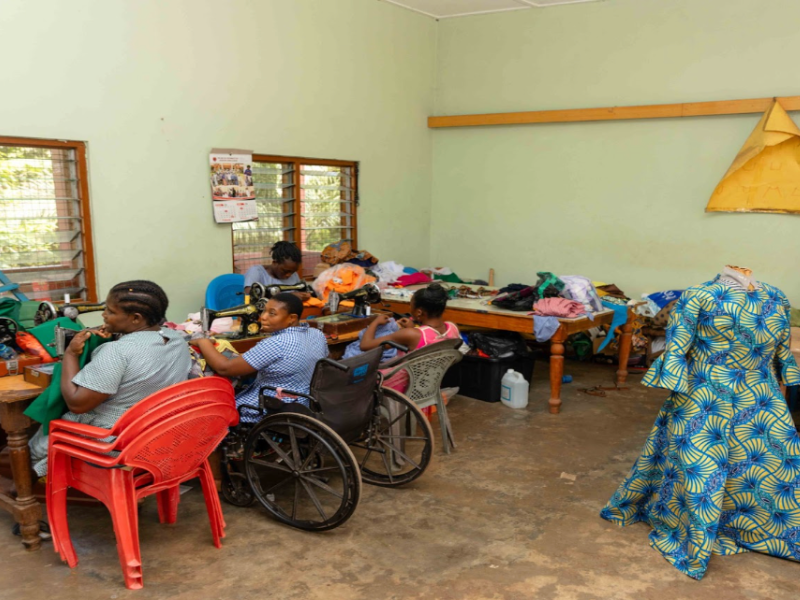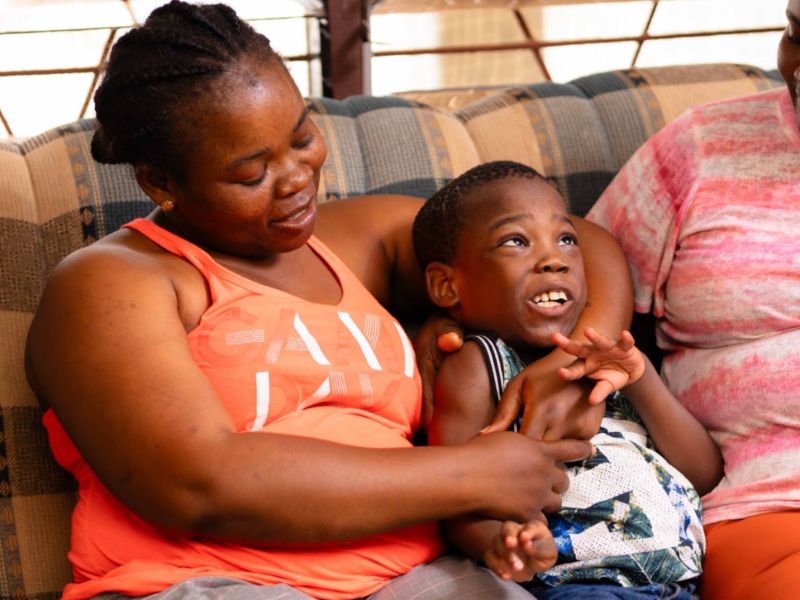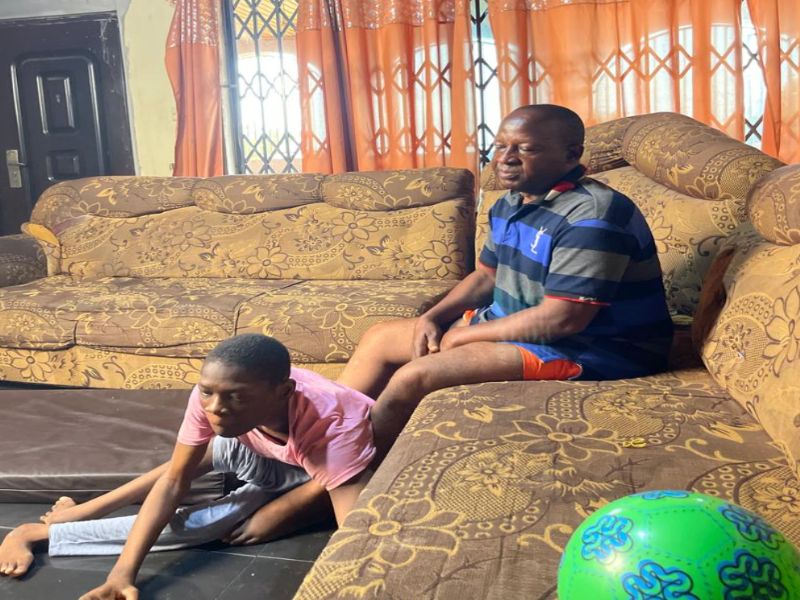Perception Analysis: Addressing the Needs of Children with Special Needs in Ghana
Issue Statement This report assesses the current state of infrastructure and support for children and persons with special needs in Ghana. It identifies significant gaps and proposes actionable initiatives by Affinity Access International (AAI) to address these challenges. Country Assessment Lack of Infrastructure Ghana faces a significant deficit in specialized facilities for children with special needs. This includes schools, clinics, and recreational centers necessary for their development and integration into society. Inadequate Wheelchairs There is a glaring shortage of wheelchairs, limiting the mobility and independence of children with mobility issues. Shortage of Speech and Language Therapists The country lacks an adequate number of speech and language therapists, which hampers the ability of children with communication disorders to improve their skills. Communication Barriers Guardians and children with special needs often encounter communication limitations, hindering effective interaction and understanding. This makes it challenging for guardians to cater to the specific needs of their children. Proposed Initiatives by AAI Therapy Sessions AAI will offer therapy sessions focused on helping children learn to talk and walk. These sessions will be conducted by trained professionals and tailored to the individual needs of each child. Educational Support and Activities AAI will serve as a beacon of hope by organizing after-school-hours programs for children with special needs. The program will engage them in a range of activities designed to enhance their skills, boost their confidence, and foster social interaction. Access to Specialized Facilities AAI will work to grant access to special clinics and recreational centers dedicated to the well-being of children with special needs. These facilities will provide a safe and supportive environment where children can receive the care and attention they need. By addressing these critical areas, AAI aims to improve the quality of life for children with special needs in Ghana. The initiatives outlined in this report are designed to provide these children with the opportunities and resources they deserve, ensuring they lead fulfilling and productive lives while fostering greater societal awareness and inclusion.
Perception Analysis: Addressing the Needs of Children with Special Needs in Ghana Read More »

